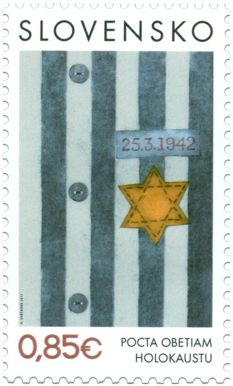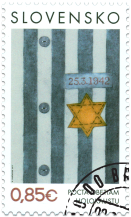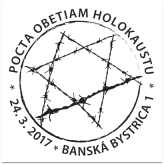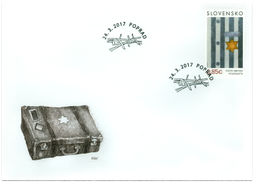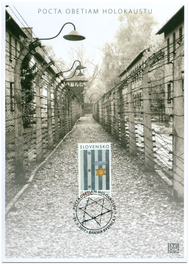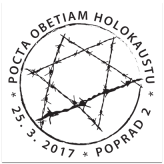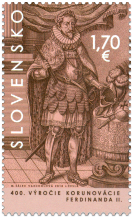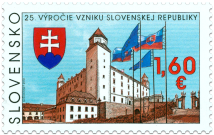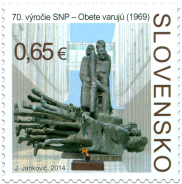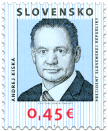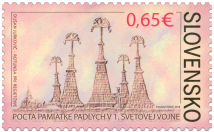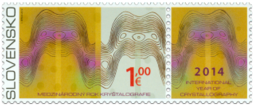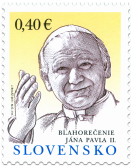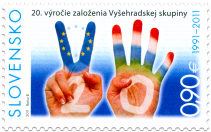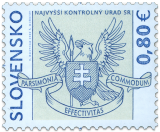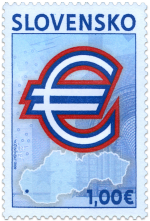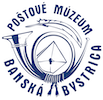633 Date of issue
24.03.2017 Face value
0.85 € Sell price
0.85 €
On 25th March 1942 the first transport of Jews left Slovakia. Anti-Jewish policy in Slovakia had entered the phase of forced deportation of the Jewish population from the Slovak State that had been established during the Second World War. There were 1,000 Jewish girls and unmarried women from eastern Slovakia on board the transport dispatched from Poprad railway station. The train was bound for Auschwitz concentration and extermination camp. From 25th March to 20th October 1942 the so-called first wave of deportations from Slovakia took place. It affected 57,628 people and only a few hundred survived to the end of the Second World War. Residents marked as Jews under the so-called Jewish Code (1941) were called up for transport, in writing, shortly before entering a concentration centre (they were situated in each district). The people called up were informed that they were going to work for the Third Reich. The majority of the transports (38) in 1942 were bound for the camps and ghettos around the town of Lublin and the rest (19) for the Auschwitz-Birkenau concentration camp. Slovakia paid 500 Reichsmarks for each deported Jew (approximately 5,000 Slovak crowns at that time). The first wave of deportations was voluntarily organized by the then Slovak Republic using its own administration, authority and technical means. The second wave of deportations (30th September 1944 – 31st March 1945) started after the occupation of Slovakia by the Nazi army and it affected approximately 13,000 Jews. The whole process was controlled by Nazis with the active participation of the Slovak authorities and was accompanied by mass murders of the detained Jewish residents, rebels and civilians directly in Slovakia. At first the transports were bound for the Auschwitz–Birkenau concentration camp and from the end of 1944 for the Jewish ghetto in Terezin and to the Bergen-Belsen, Ravensbrück and Sachsenhausen concentration camps. Designs of this issue of postage stamp were created by students of Josef Vydra School of Applied Arts in Bratislava based on collection items preserved in the Museum of Auschwitz-Birkenau.
Monika Vrzgulová
Show less© 2024 POFIS - Postal philatelic service. All rights reserved

